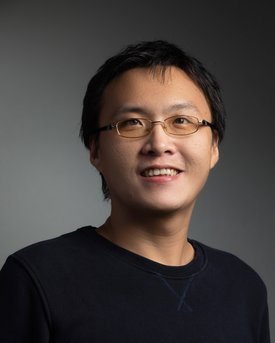
Chih Hung Lo
DEPARTMENTS
- Biology
- Neuroscience
Assistant Professor
CONTACT
-
362 Life Sciences Complex
Email: clo101@syr.eduOffice: 315.443.9657
Entries in the areas listed below (other than biography and books) are selections delimited to the last five years. Consult the faculty member’s biography, listed website(s) or CV for additional information.
